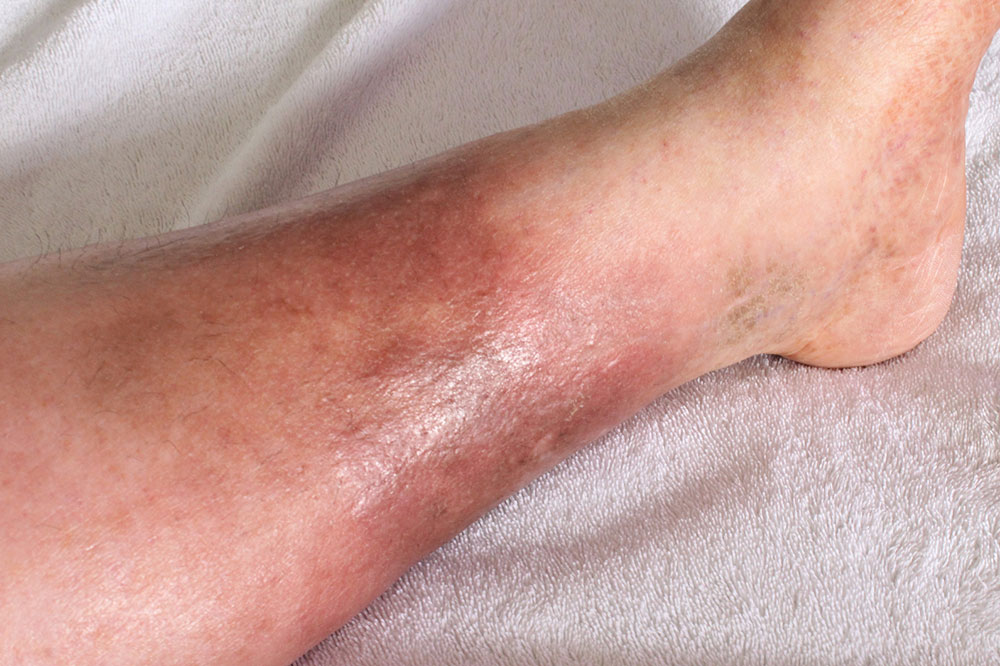
12 Common Deep Vein Thrombosis Risk Factors
Deep vein thrombosis (DVT) can happen to anyone and is a severe condition where blood clots in one of the deep veins. This causes pain and swelling, and in some cases, if the clot breaks free into the lungs, it can be highly risky. It is better to know the risk factors for DVT to avoid the chances of getting it.
Major risk factors for DVT:
- Age
The risk of getting DVT increases with age. People aged 60 and more have an increased chance of developing this condition. - A previous history of blood clots
A major risk factor is if you have had a DVT in the past, which means more clots are likely to form in the future. - Family history
If you have a strong family history where one or both parents or any sibling had DVT, the chances of getting DVT is higher. - Pregnancy
During the first three months of pregnancy, the female hormone estrogen level rises, putting the pregnant woman at risk of developing DVT. The chance of getting postpartum DVT is also there in the first six weeks after giving birth. This can happen due to damaged blood vessels in the uterus and pelvic area. - Birth control pills
Consumption of birth control pills during the childbearing years puts women at a higher risk of developing DVT than those who are not on birth control pills. Also, a woman receiving hormone therapy after menopause has an increased chance of getting DVT. - Immobility and bed rest
This is one of the major risk factors for DVT. People on prolonged bed rest at home or hospital, suffering from paralysis or people sitting for a long period, are at greater risk of developing blood clots. - Surgery or injury
People who have undergone major surgery, or have injured their deep vein makes them more prone to DVT. A blood clot may form within a few hours or a few weeks after the surgery or injury. - Smoking
People who smoke regularly also have an increased risk of developing DVT. - Obesity
The risk of developing DVT increases with a high BMI (body mass index). Being overweight can affect the veins and, in turn, significantly increase the chances of DVT. - Health issues
People suffering from any health issues such as heart disease, lung disease, inflammatory bowel disease, cancer, etc., are more likely to get DVT. Chemotherapy, which is a treatment of cancer, also increases the risk of DVT. - Stroke
People who have suffered a stroke are at a greater risk of DVT. - Varicose veins
Overgrown varicose veins may also put a person at risk of developing DVT.
When you are aware of the risks, taking the right steps can help lower the risk factors for DVT. Making certain lifestyle changes, which helps keep your blood moving, can easily reduce the risks of DVT.



